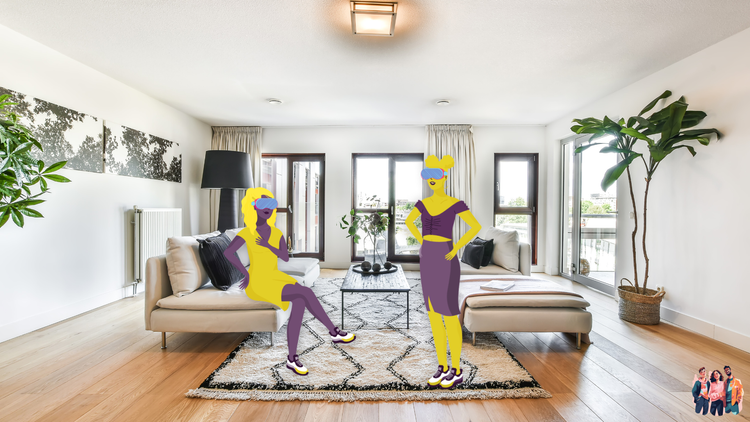Anxiety and Depression - Just Part of the Human Experience?

Mental health issues like anxiety and depression are common human experiences that many struggle with at some point in their lives. Feelings of worry, sadness, and being overwhelmed are natural reactions to stress that serve an evolutionary purpose.
However, clinical diagnoses of anxiety disorders and depression indicate more persistent, excessive, and impairing symptoms that can significantly disrupt people's lives.
So while temporary anxiety or sadness in response to difficulties is normal, long-lasting mental health conditions require compassionate understanding and proactive treatment.
The fight-or-flight response helped early humans react to immediate survival threats. But for modern triggers like work deadlines or social situations, this reaction can remain activated at unhealthy levels.
The good news is mindfulness, therapy, lifestyle changes and other interventions can help regulate our nervous systems, even diet and gut health all have parts to play.
Mental health challenges result from complex biological, psychological and social factors - not personal weakness. And with new research and expanding access to support, more people than ever before are overcoming them to thrive.
So while we all face adversity, not all humans experience clinical anxiety or depression. But for those who do, there are many reasons to be hopeful.
Our shared humanity calls us to choose understanding over judgment, support over stigma, and progress over the status quo.
A Call to Action
If you know someone who struggles with anxiety—whether they face the regular challenges of a chronic condition autoimmune like Endometriosis, Crohn's disease or Fibromyalgia, or simply the day-to-day stresses of modern life—consider sharing this blog with them.
You might just offer them a new way to cope, a moment of relief, or even just a reminder that they're not alone in their struggles 👇






